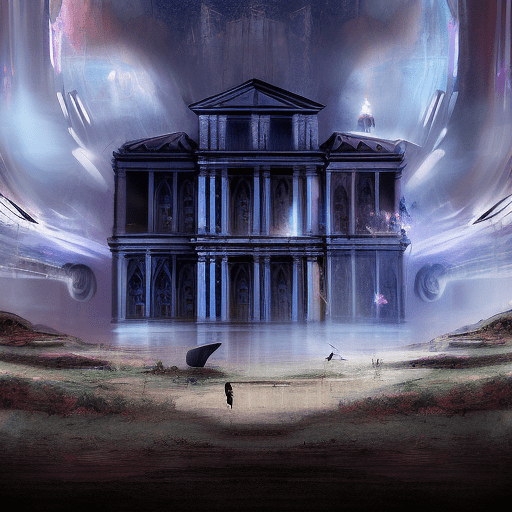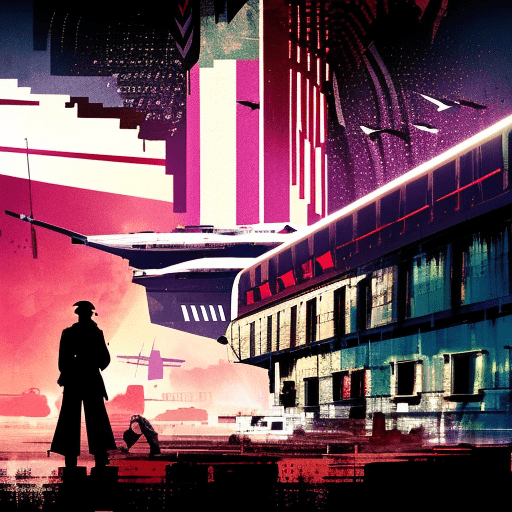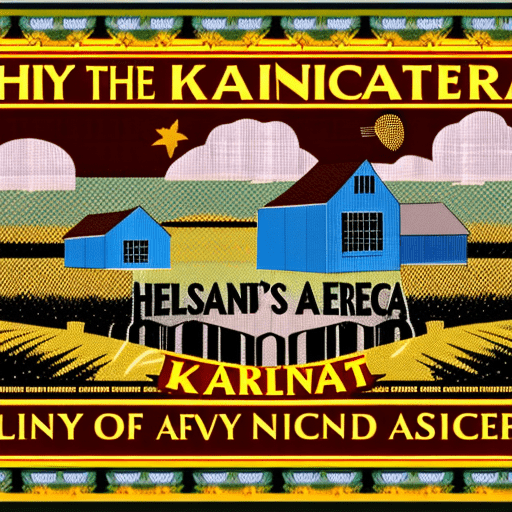The House on the Strand: A Time-Traveling Adventure in Cornwall
In “The House on the Strand” by Daphne du Maurier, Richard Young, a troubled middle-aged man, embarks on a mind-bending journey through time as he experiments with a mysterious drug. Set in the picturesque landscape of Cornwall, this gripping novel explores the consequences of meddling with the past and the blurred lines between reality and fantasy. With themes of addiction, love, and the power of the mind, du Maurier takes readers on a thrilling and thought-provoking adventure.
A Mysterious Drug and Time Travel
Richard Young, a historian and writer, is invited by his old university friend, Magnus Lane, to stay at Kilmarth, a remote house in Cornwall. Magnus, a scientist, has developed a drug that allows its users to travel back in time. Intrigued by the offer, Richard agrees to be a test subject for the experiment. As he takes the drug, Richard finds himself transported to the 14th century, witnessing the lives of the people who once inhabited the land.
The Dual Realities and the Struggle for Control
As Richard continues to experiment with the drug, he becomes increasingly entangled in the lives of the people from the past. He develops a deep connection with a woman named Isolda, whose tragic story unfolds before his eyes. However, Richard’s time-traveling experiences begin to blur the lines between reality and fantasy, causing strain in his relationships with his wife, Vita, and his stepsons. He becomes obsessed with the past, neglecting his present life and responsibilities.
The Consequences of Meddling with Time
As Richard delves deeper into the past, he discovers the dark secrets and consequences of his actions. His meddling with time has unforeseen effects on the present, leading to tragic outcomes for those around him. Richard must confront the ethical implications of his choices and find a way to reconcile his love for the past with his responsibilities in the present.
Key takeaways from “The House on the Strand” include:
- The allure and danger of escapism: Richard’s desire to escape his troubled present leads him down a dangerous path of addiction to the drug and the fantasy of the past.
- The power of the mind: The novel explores the potential of the human mind to transcend time and experience different realities.
- The consequences of our actions: Richard’s actions in the past have a ripple effect on the present, highlighting the importance of considering the impact of our choices.
“We can never go back, that much is certain. The past is still close to us. The things we have tried to forget and put behind us would stir again, and that sense of fear, of furtive unrest, struggling at length to blind unreasoning panic—now mercifully stilled, thank God—might in some manner unforeseen become a living companion as it had before.”
In conclusion, “The House on the Strand” takes readers on a thrilling journey through time, exploring the consequences of meddling with the past and the power of the human mind. With its captivating storytelling and thought-provoking themes, Daphne du Maurier’s novel reminds us of the importance of living in the present and facing the consequences of our actions.











